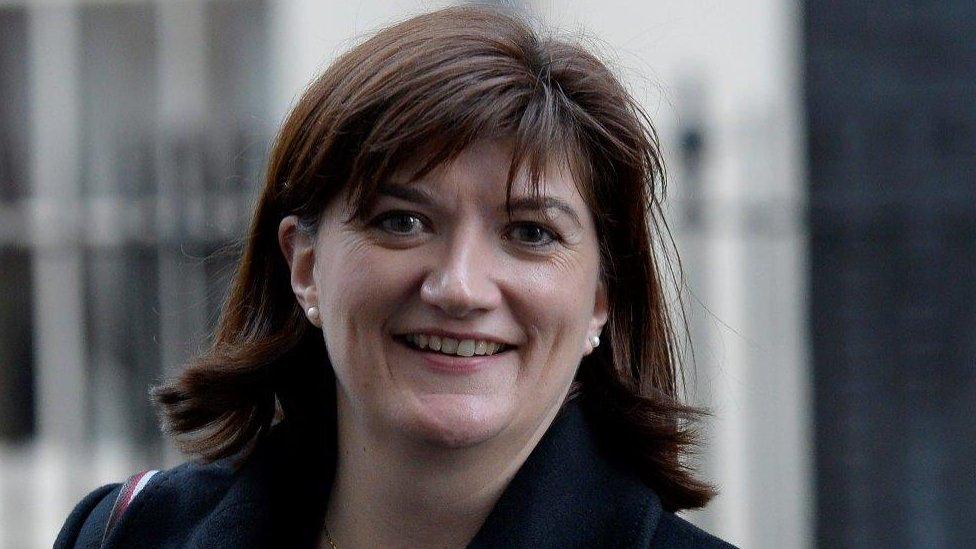Improve children's mental health care, head teachers urge
- Published

Head teachers say more young people are suffering mental health issues
More young people are suffering from mental health issues but the care on offer outside schools is not keeping pace, say head teachers.
In total, 55% of 338 school leaders surveyed by the Association of School and College Leaders reported a large rise in pupils with anxiety and stress.
Almost 65% said they struggled to get mental health services for pupils.
The government said it was investing £1.4bn on children's mental health services in England.
The survey, launched at the Association of School and College Leaders' (ASCL) annual conference in Birmingham, found that over the past five years:
79% of heads saw an increase in self harm or suicidal thoughts among students.
40% reported a big rise in cyber-bullying
53% of those who had referred a pupil to Child and Adolescent Mental Health Services (CAMHS) rated them poor or very poor.
Overall, 80% of respondents wanted to see CAMHS expanded in their area.
According to the report, carried out by ASCL alongside the National Children's Bureau (NCB), most schools offer on-site support to students - for example, counselling and educational psychology sessions.
The problems arise when students needs extra support, says the report.
'Serious gap'
On Saturday ASCL's interim general secretary, Malcolm Trobe, will tell the conference of "a serious gap in mental health provision beyond the school gates".
"The fact is that children today face an extraordinary range of pressures.
"They live in a world of enormously high expectations, where new technologies present totally new challenges such as cyber-bullying," Mr Trobe is expected to say.
"There has seldom been a time when specialist mental health care is so badly needed and yet it often appears to be the poor relation of the health service.
"Its importance cannot be over-emphasised."

Incidents of cyber-bullying are up 40%, say heads
NCB chief executive Anna Feuchtwang said the survey results were "alarming".
"For these young people, and many others like them, their psychological states are almost too distressing to bear.
"This research confirms that better provision of child mental health services, both in and outside school, is still sorely needed."
Anthony Seldon, co-founder of Action for Happiness and vice-chancellor of the University of Buckingham, said exams became a problem when school or the home put an "excessive weight" on them.
"Psychologically healthy schools need not cost vast sums, and much can be done by heads changing their approaches which will change the entire atmosphere throughout the school," he added.
The government said it was investing £1.4bn to transform mental health support for children and young people in England, with a £3m pilot scheme to trial "single points of contact for schools to ensure support is joined up and quickly available when needed".
"Schools have an important role to play in tackling children's mental health issues, but teachers are not mental health professionals and they should have the support of specialist services," said a spokeswoman.
'Demography of destiny'
Later on Saturday England's Education Secretary Nicky Morgan will urge school leaders to work with her to give every child the education they deserve.
Mrs Morgan is expected to announce a renewed focus on entrenched areas of underperformance in coastal towns and rural areas.

Education Secretary Nicky Morgan wants heads to work with her to improve schools in underperforming areas
"Simply hoping for improvement is not enough because these areas are not only underperforming, but they also lack the capacity and support that they need to improve," she will tell the conference.
"This scandalous demography of destiny," has no place in 21st Century Britain, she will add.
- Published17 December 2015

- Published12 October 2015
